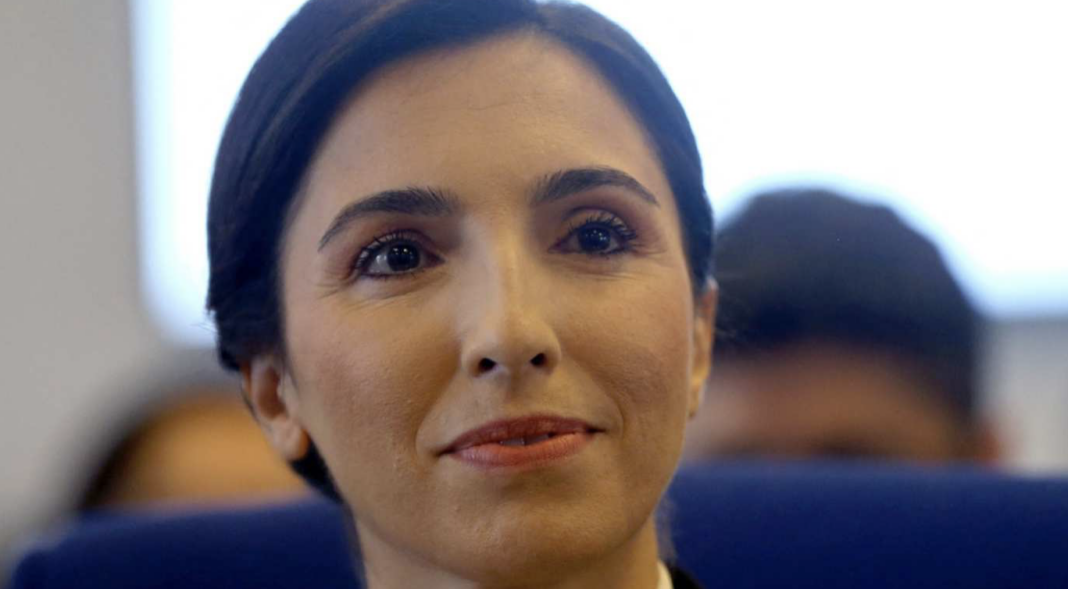A target of low double-digit percentage price growth will do
Februrary 6, 2024, Financial Times
Turkey’s devastating earthquakes one year ago horrified the nation. The disaster brought a shake-up in economic policy as well. Soaring annual price inflation, over 50 per cent, forced President Recep Tayyip Erdoğan to deal with the inflationary scourge — embracing economic orthodoxy in the form of higher interest rates.
The hope is that this policy lasts longer than its executor. Central bank chief Hafize Gaye Erkan resigned over the weekend after just eight months, in which she had won the confidence of international investors in Turkey’s overhaul. Former deputy governor Fatih Karahan becomes the sixth governor in four years.
Bad news? Maybe not. Investors care little for the revolving door policy at the central bank. Policy fluctuations only amplified the growing unease about the country’s current account deficits. On Monday, the local equity market shrugged off the news, while the lira — considering its volatile history — had a modest decline.
Her quick replacement by the government helps, as did the choice. Karahan has status with investors. His CV includes stints as an economist at the US Federal Reserve, teaching at Columbia University and even time in the private sector with Amazon. More importantly, Erdoğan still trusts his finance minister Mehmet Şimşek with putting the brakes on Turkey’s rollercoaster, hyperinflationary economy. Şimşek probably had a hand in choosing both Erkan and Karahan.
In the three months before Erkan’s first big interest rate rise in late August, the lira had already dropped 24 per cent versus the dollar. That pace has since moderated, falling 11 per cent since then. Losing Şimşek would probably have caused a bigger ruction with foreign investors. On a trailing basis, they have poured a historically high $2bn into Turkish stocks since the more hawkish policy began, according to data from local investment advisory UNLU & Co.
Year to date the broad market index has jumped almost 14 per cent in dollar terms. That beats developed or emerging markets. One popular sector is banks, including Yapı Kredi and Garanti (owned by Spain’s BBVA). Inflation hurts bank profitability. Capping it attracts buyers. This group, which had trailed the broader market since 2017, has found new life since the summer.
What is needed now is for the new governor to hang around, fighting hyperinflation. Frankly, low double-digit percentage price growth will do. His first test is the central bank’s quarterly report on the economy later this week. The bank has targeted 36 per cent inflation for 2024, well below the 64 per cent seen in December.
Stick to that and perhaps then he can slow that revolving door in front of his office.

